When Vietnamese is shortened, mixed and deviated from the standard
It is not difficult to see many students today using internet language and slang as a familiar part of daily communication. Abbreviations and simplifications are becoming more and more common: "ko" instead of "khong", "mik" instead of "minh", "j" instead of "gi", "hok" instead of "hoc", "cx" instead of "concurrent"... This does not only stop at personal communication but also appears in academic writing and serious documents. Ms. Nguyen Thuy Quynh in O Cho Dua ward, Hanoi , said: "I read the conversation my child texted with a group of friends but did not understand what they wrote. It was all language that young people today call teencode language. This makes us, parents, very worried. This situation greatly affects the purity of the Vietnamese language".
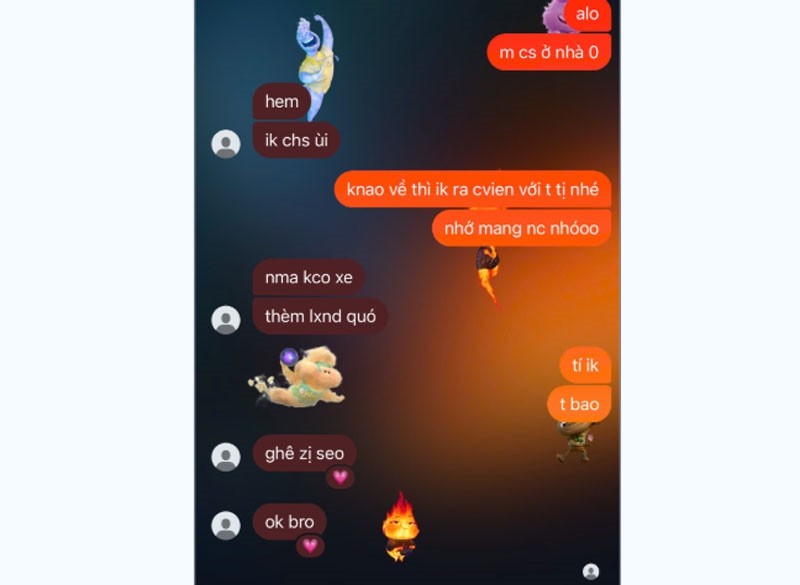
Mixed language is commonly used by young people today in conversations.
In addition, slang is widely used, sometimes vulgar and offensive: “fame sucking”, “high”, “toang”, “chém gió”, “đũ tend”… These phrases are considered by young people as “spice” in communication, but they are inadvertently reducing the purity and standards of the language. More notably, the phenomenon of “Vietnamizing” English words in an arbitrary way is spreading: “crush”, “drama”, “sông lowkey”, “feedback”, “deadline”, “sông chill”… causing many students to mistake these as reasonable and common expressions in Vietnamese. This causes the mother tongue to be mixed, structurally disordered and gradually lose its inherent coherence.
Associate Professor, Dr. Nguyen Van Thao (Academy of Social Sciences , Vietnam Academy of Social Sciences) is a bit concerned about the phenomenon of inverted syntactic order in Vietnamese, especially in the Southern dialect area: Instead of “dried beef”, “dried chicken”, “dried frog”, many people say “dried beef”, “dried chicken”, “dried frog”. According to him, if this trend continues, phrases like “beautiful girl”, “tall girl” may be pronounced as “beautiful girl”, “tall girl”, which is unacceptable in Vietnamese grammar.
However, Associate Professor, Dr. Nguyen Van Thao believes that changes in language are natural. Elements that are consistent with the laws of language and life can be retained, while old words and outdated meanings will gradually disappear. Some words such as "soái ca", "phong bam", "o sin", "chi dai" ... are being widely used; on the contrary, words such as "bi dong", "ninh dam", "gac de xen" ... are gradually disappearing from life. According to him, this is the law of language development in general.
Responsibility is not one person's alone
Ms. Tran Thi Huong Tra (teacher at Doan Thi Diem High School, Hanoi) said that the purity of Vietnamese is its standard and rich identity. It is a language that is clear in phonetics, coherent in grammar, rich in expression and deeply reflects the national culture. Preserving purity means using correct spelling, correct grammar, correct communication situations and avoiding unnecessary abuse of foreign words. Preserving the language is also preserving national pride and showing responsibility for the mother tongue.
Ms. Tran Thi Huong Tra believes that we should not absolutely prohibit the use of new languages, but rather educate students to be aware of clearly distinguishing contexts. Internet language and slang can exist in private spaces, daily life or social networks, but in schools, administrative documents or serious spaces, it is necessary to use Vietnamese correctly and beautifully. Protecting the purity of Vietnamese does not mean rejecting the new, but placing the new within appropriate cultural limits.
According to Associate Professor, Dr. Nguyen Van Thao, there needs to be many synchronous solutions to preserve and promote the purity and richness of the Vietnamese language among young people. First of all, the family must be the first place to teach children to love their mother tongue. Parents should talk and read books with their children, and limit their exposure to substandard content online.
Schools need to integrate Vietnamese values into the curriculum, especially in Literature and Civic Education. In addition, it is necessary to create many useful playgrounds such as storytelling, writing, speaking, and acting in Vietnamese so that students can practice and love their mother tongue more. In addition, Associate Professor, Dr. Nguyen Van Thao mentioned the role of media and social network content management. It is necessary to more strictly censor offensive content, encourage young people to create positive, cultured content. In the long term, it is necessary to build a language law to protect and promote the healthy development of Vietnamese as well as ethnic minority languages in Vietnam.
In the context of international integration, Associate Professor, Dr. Nguyen Van Thao affirmed: Vietnamese cannot stand outside the flow of language exchange. However, absorption needs to be selective. Modern scientific and technological terms can be learned, but must be properly Vietnamized, without losing the characteristics and national identity. "Absorbing to develop but not dissolving, that is the core principle for Vietnamese to be both modern and retain the national soul", Associate Professor, Dr. Nguyen Van Thao emphasized.
Source: https://baolaocai.vn/giu-su-trong-sang-cua-tieng-viet-va-nhung-thach-thuc-trong-thoi-dai-moi-post879794.html



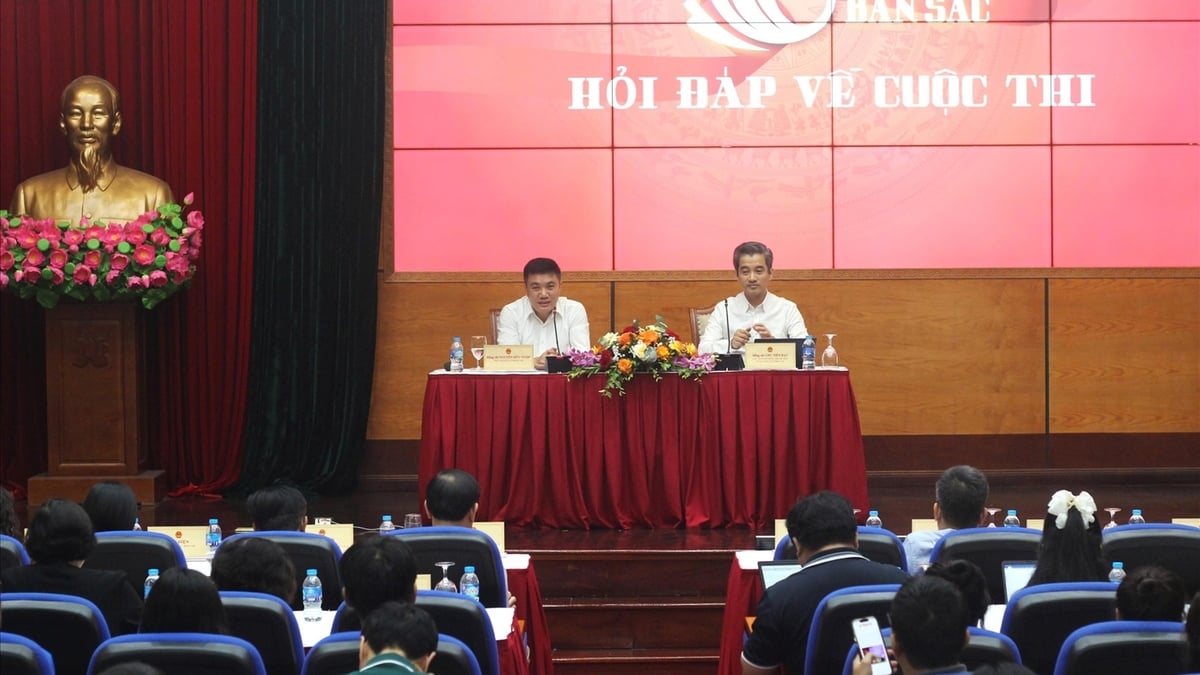
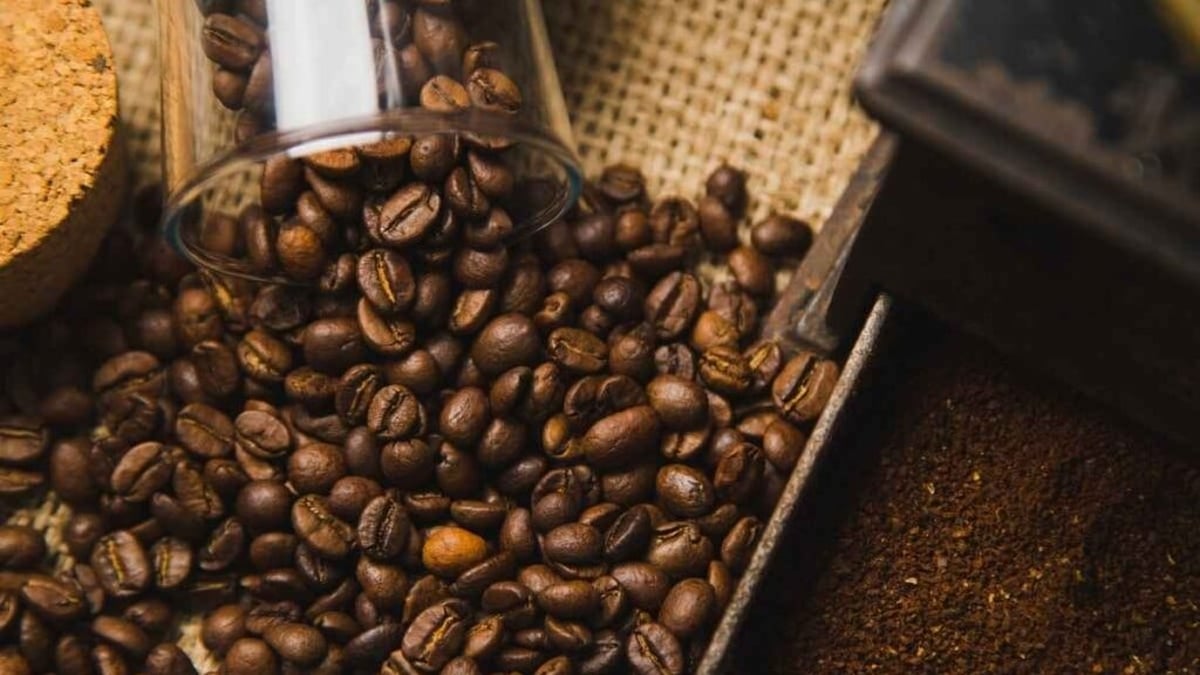

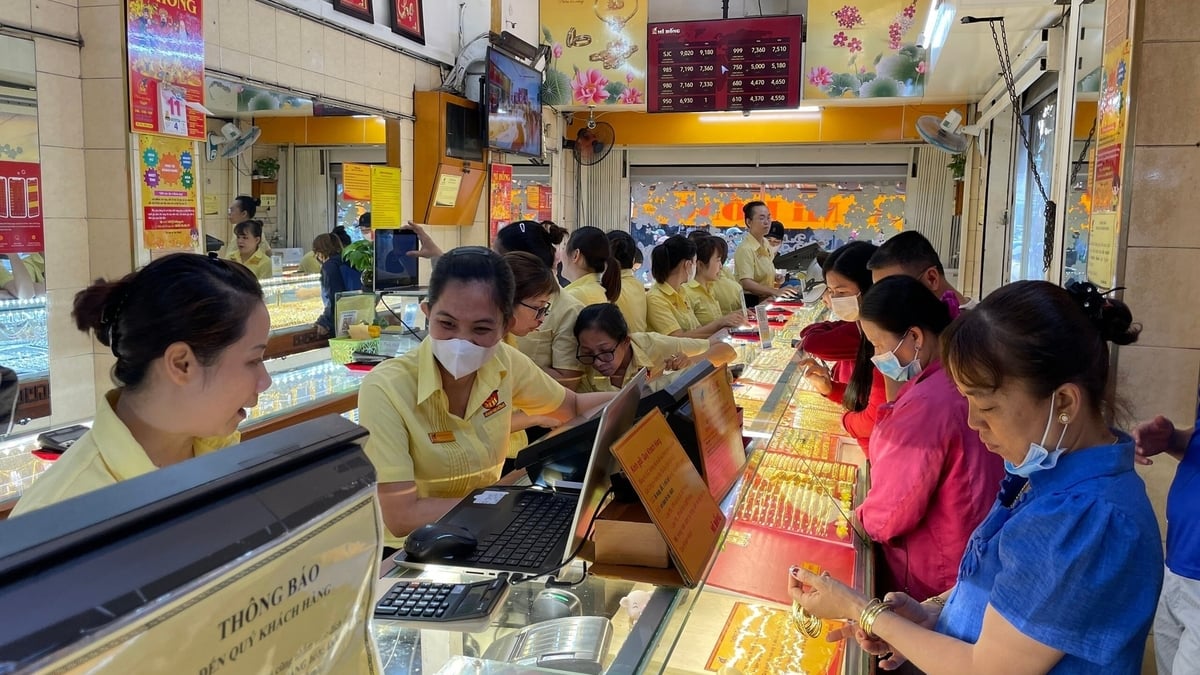
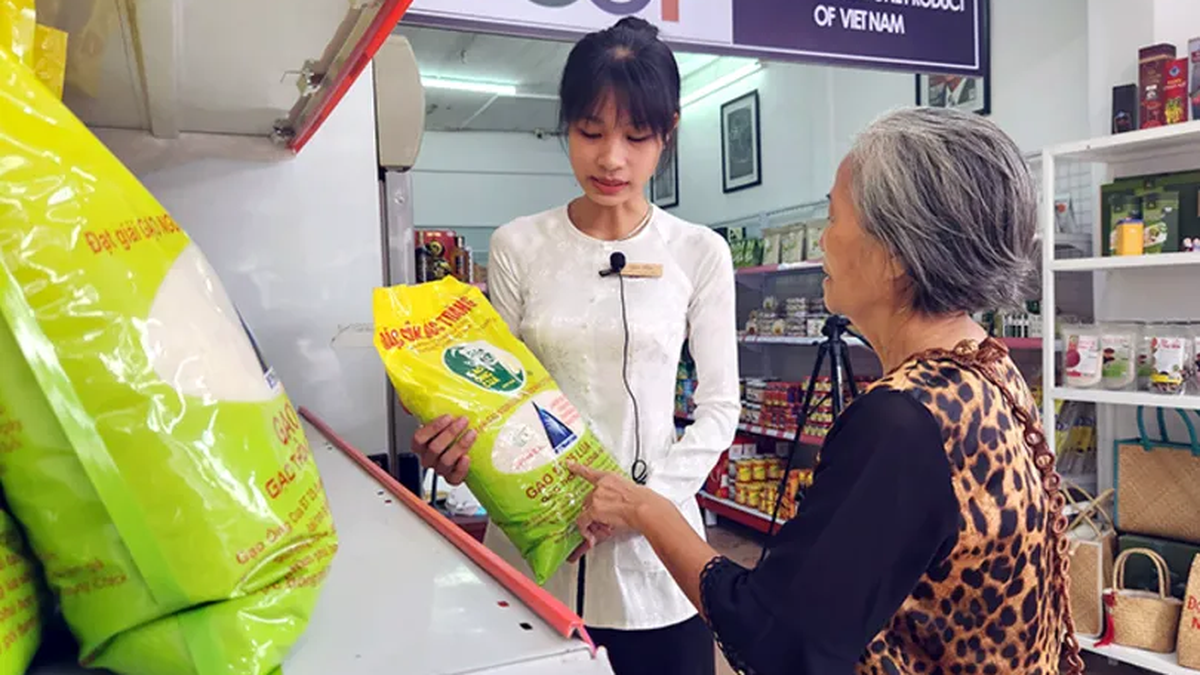
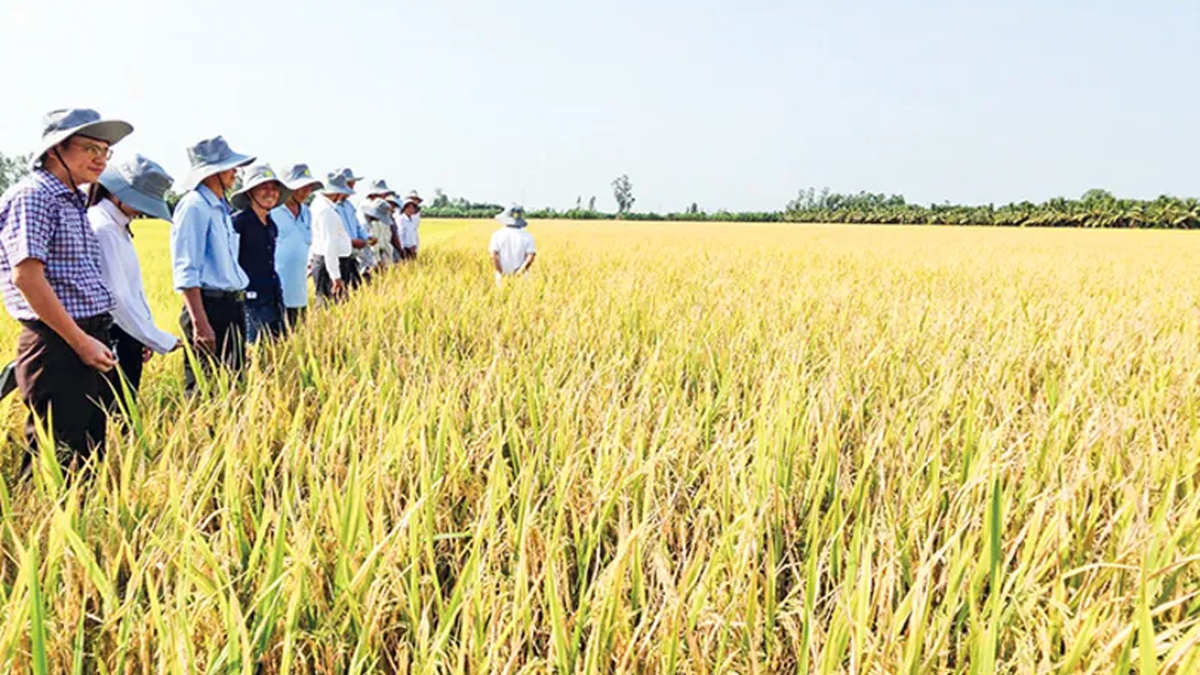
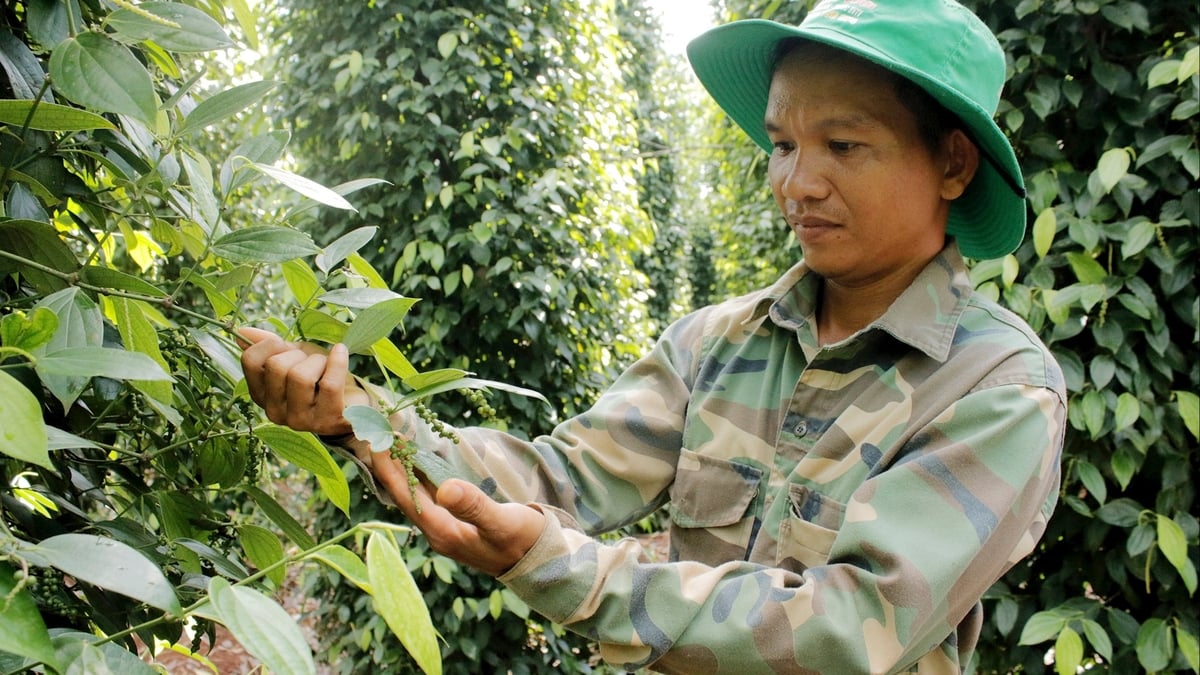

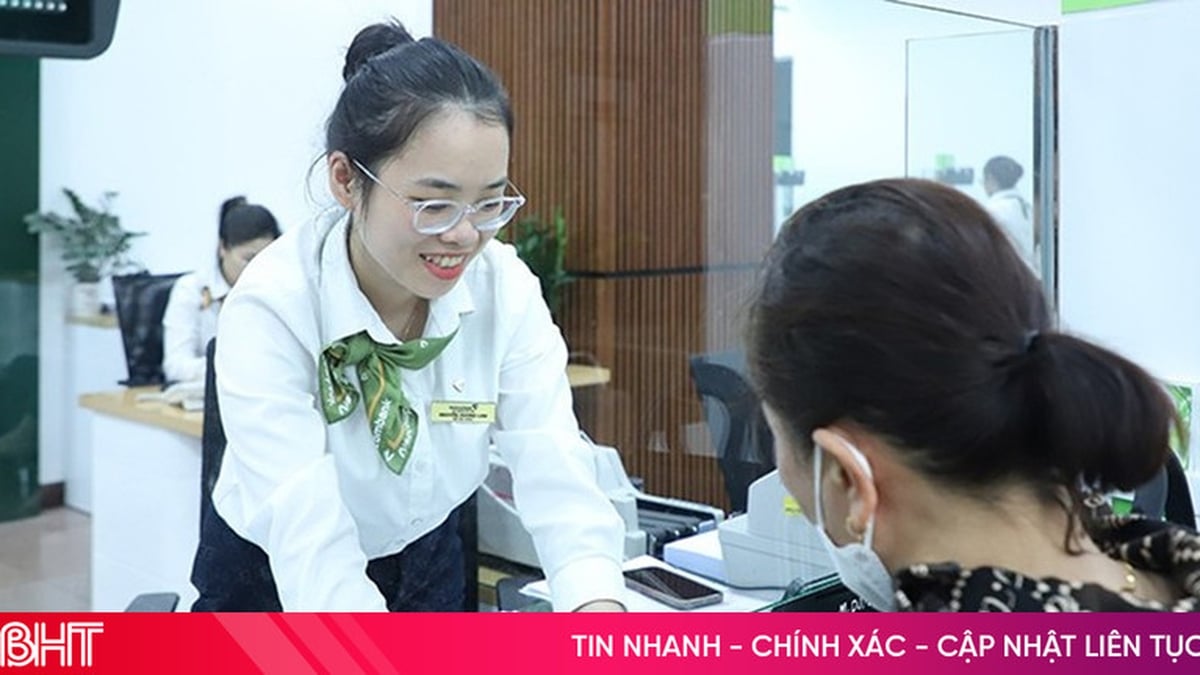










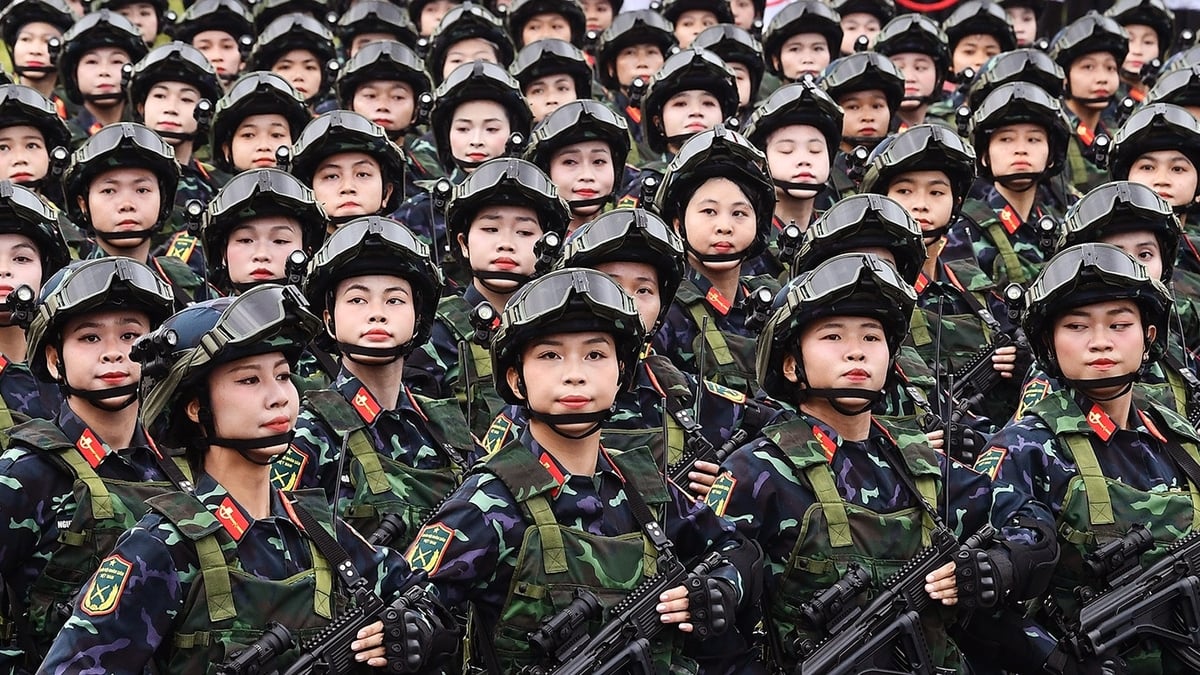
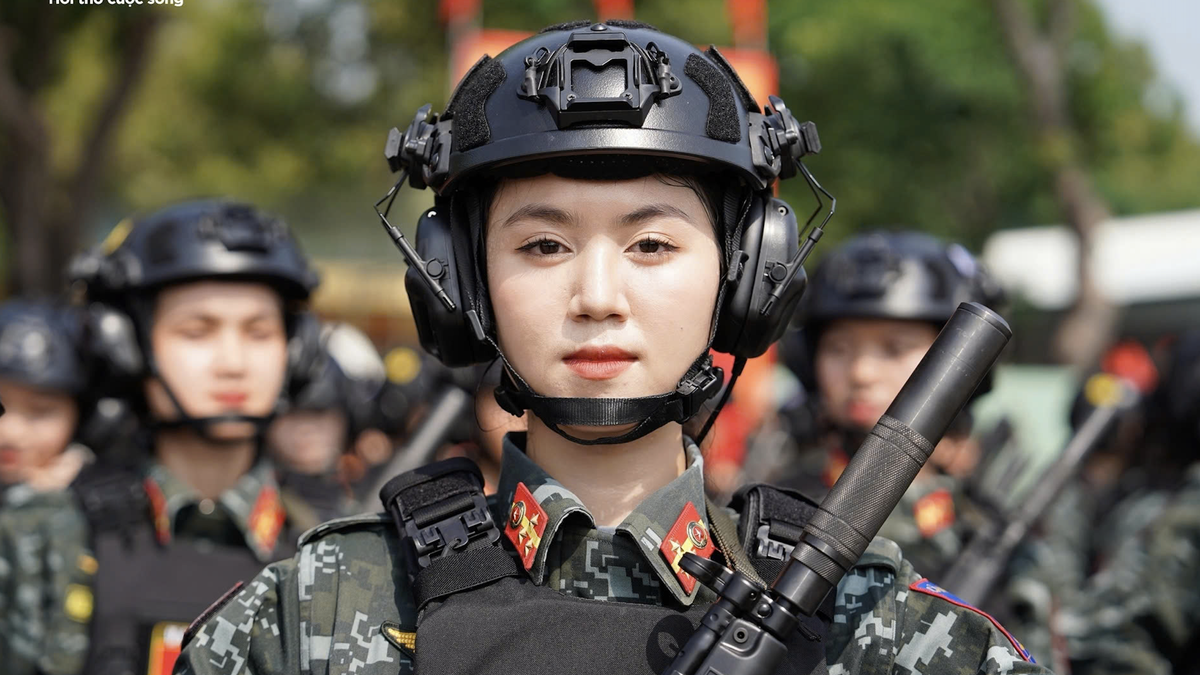

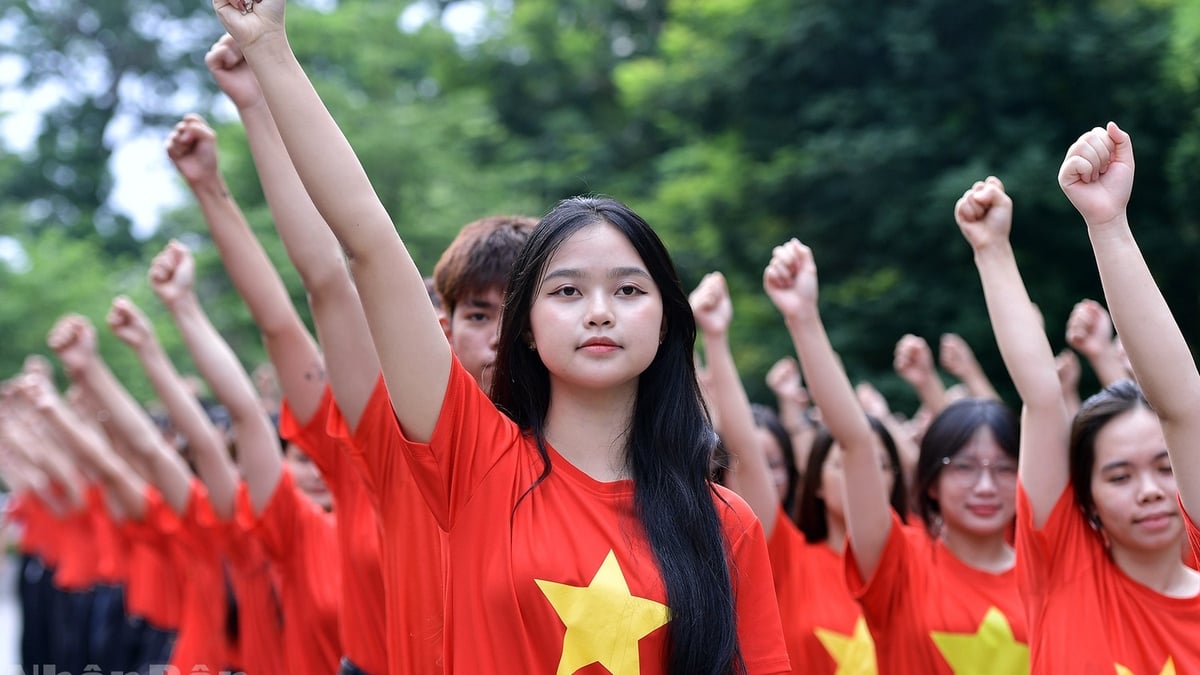
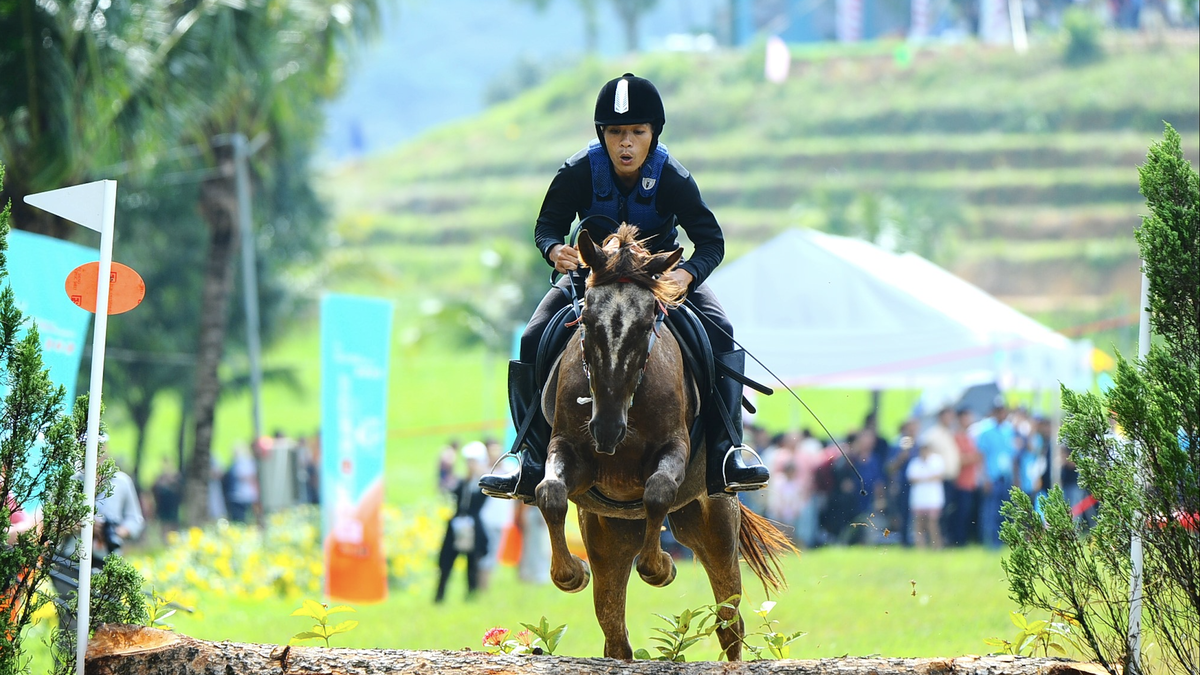
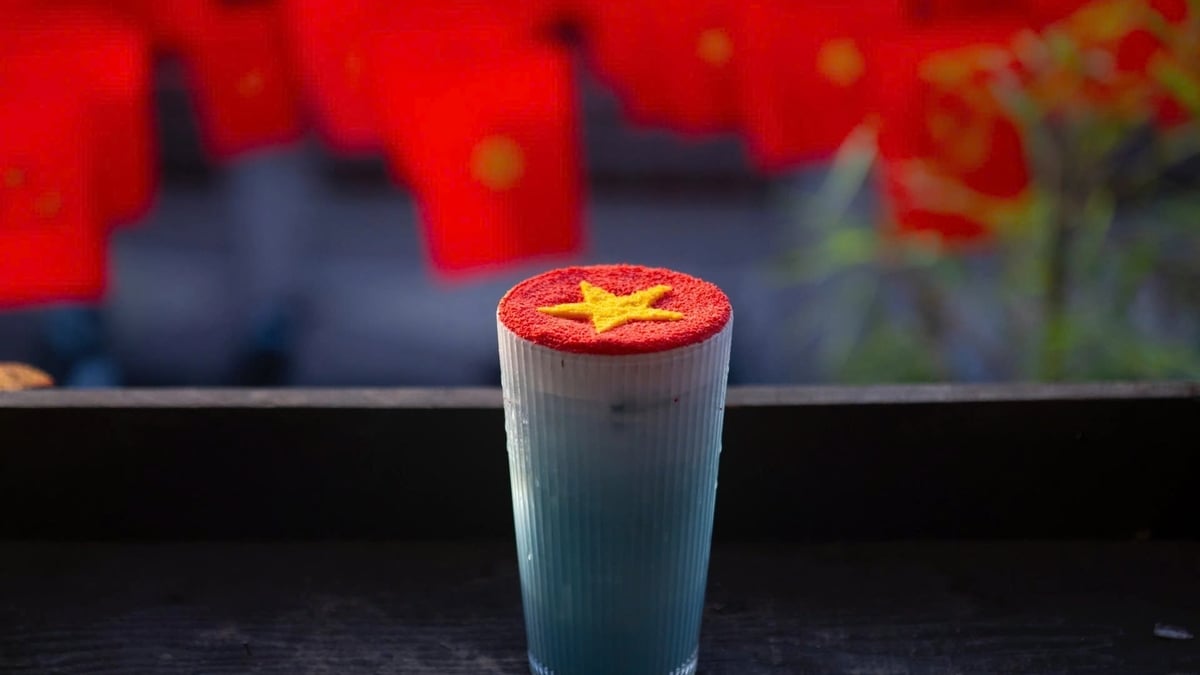



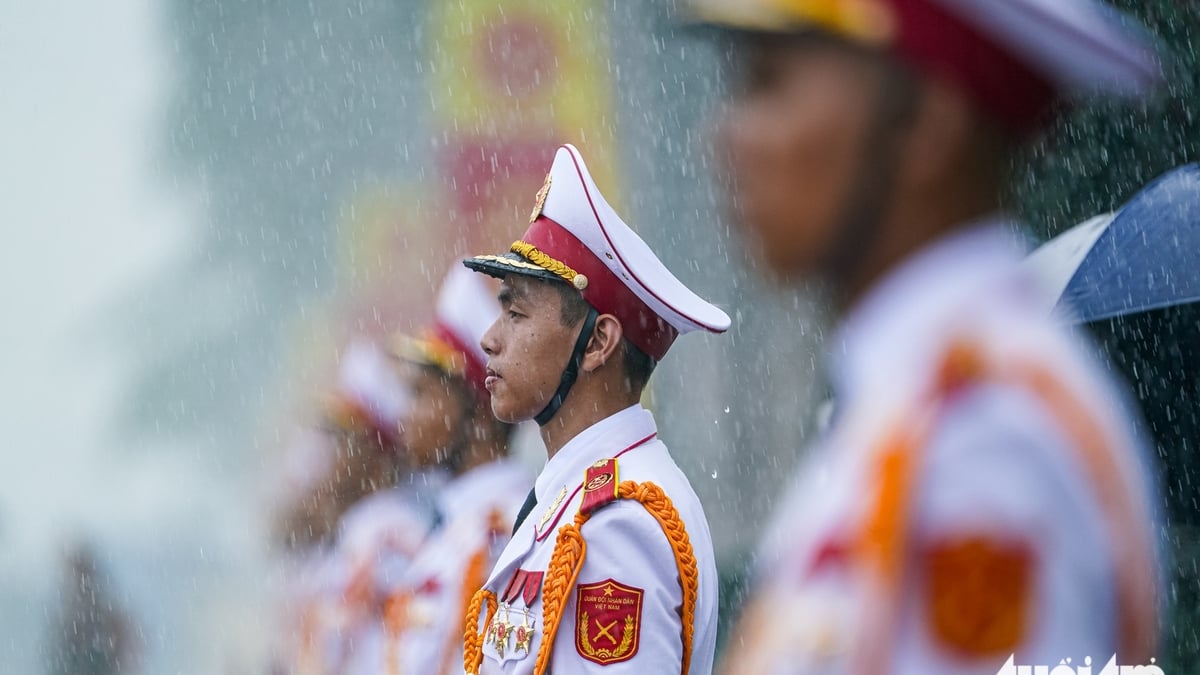
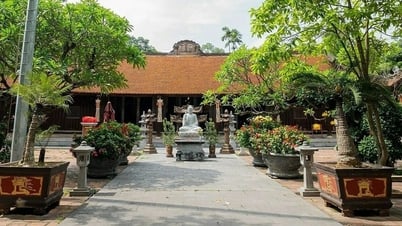



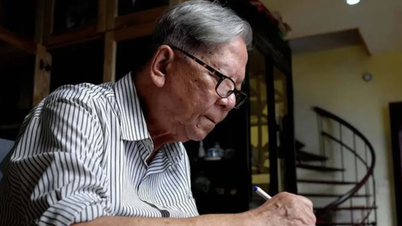



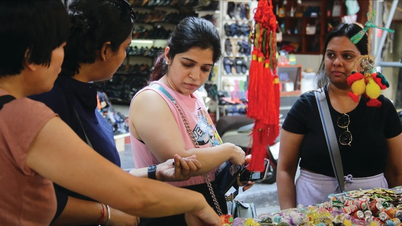
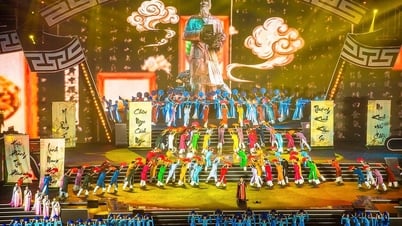

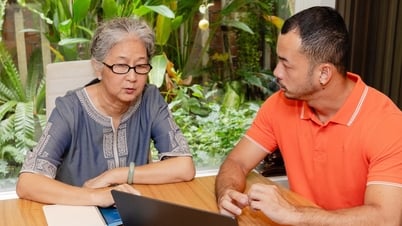
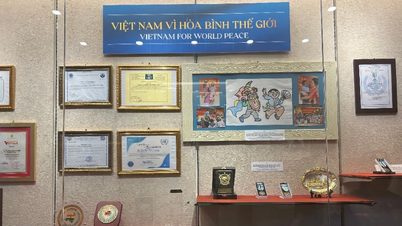

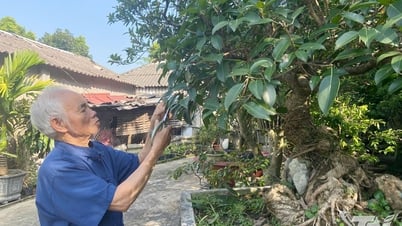

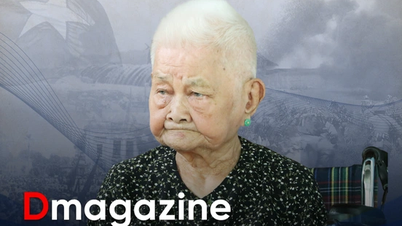

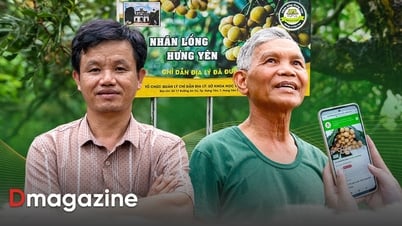
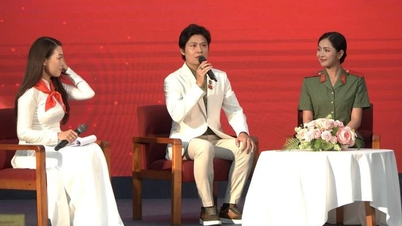

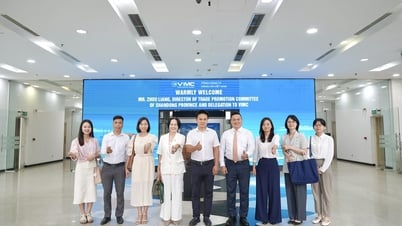

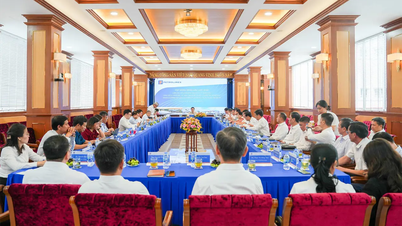

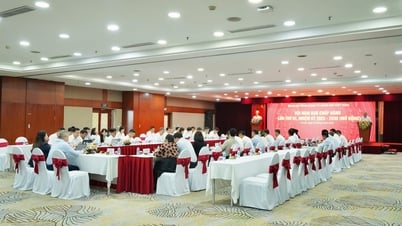


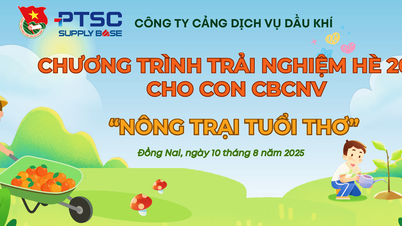
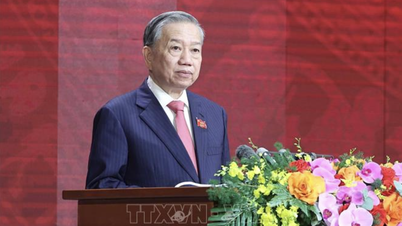



![[Photo] Party and State leaders visit President Ho Chi Minh's Mausoleum and offer incense to commemorate Heroes and Martyrs](https://vphoto.vietnam.vn/thumb/402x226/vietnam/resource/IMAGE/2025/8/17/ca4f4b61522f4945b3715b12ee1ac46c)


![[Photo] General Secretary To Lam and other Party and State leaders attend the ceremony to celebrate the 80th anniversary of the Vietnam People's Public Security Forces' Traditional Day.](https://vphoto.vietnam.vn/thumb/402x226/vietnam/resource/IMAGE/2025/8/17/1f782c0c9f37400d86b29aefbd8a891b)
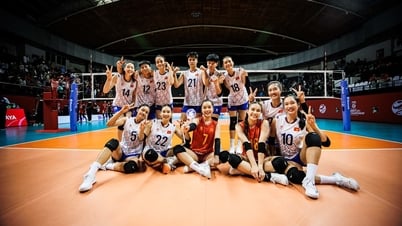
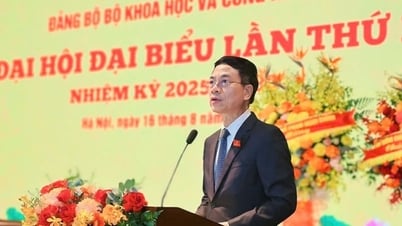





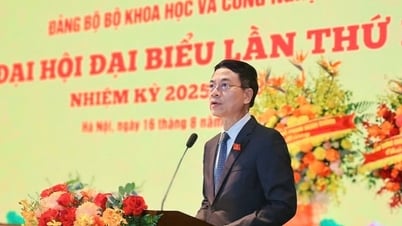
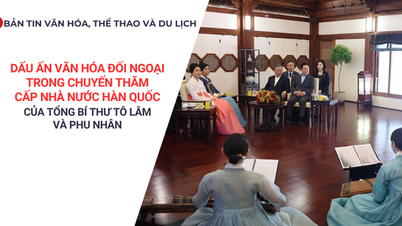






















Comment (0)